Alright – so today we’ve got the honor of introducing you to Claire Brady. We think you’ll enjoy our conversation, we’ve shared it below.
Hi Claire, we’re so appreciative of you taking the time to share your nuggets of wisdom with our community. One of the topics we think is most important for folks looking to level up their lives is building up their self-confidence and self-esteem. Can you share how you developed your confidence?
My confidence wasn’t something I was born with—it was cultivated through the unique environment my parents created in our family. As new immigrants, they understood that education wasn’t just about grades, but about raising children who could hold their own in any conversation while still maintaining their sense of wonder and playfulness.
Reading was central to our household, and my parents encouraged us to engage with ideas and speak up. They taught us that our voices mattered, whether we were talking to peers or adults. This early foundation gave me tools to navigate the world, even when I faced the inevitable struggles that come with growing up.
What made the biggest difference was how my parents adapted their support as we grew. When we chose unconventional paths, they didn’t try to redirect us back to traditional routes—they cheered us on. That taught me that confidence isn’t about following a prescribed formula; it’s about trusting your instincts, working hard, and surrounding yourself with people who believe in your vision.
I’ve been intentional about building friendships rooted in mutual affirmation. As a plus-size person my whole life, I’ve learned that confidence isn’t about fitting into someone else’s definition of acceptable—it’s about taking up space authentically and unapologetically. My confidence is attractive not because it seeks approval, but because it comes from a place of genuine self-knowledge. My partner is drawn to that self-assurance, and our relationship nurtures it further.
That confidence gave me the courage to leave traditional higher education after 23 years—not out of desperation, but from a place of strength. I knew I had built something valuable: a reputation for excellence and integrity that would travel with me wherever I went.
Confidence, for me, is about being scrappy and self-reliant while staying connected to the values that shaped me. It’s about knowing that I can create my own path because I’ve done the work to become someone I trust and someone I like.
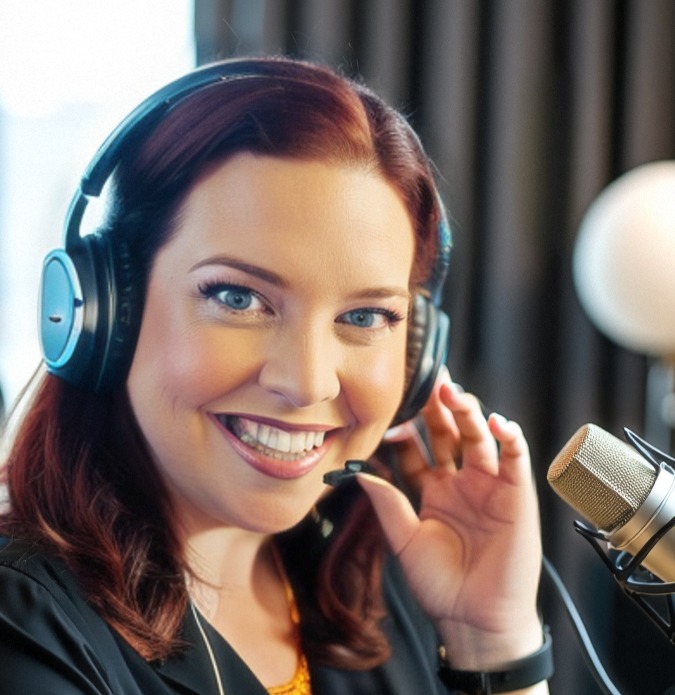
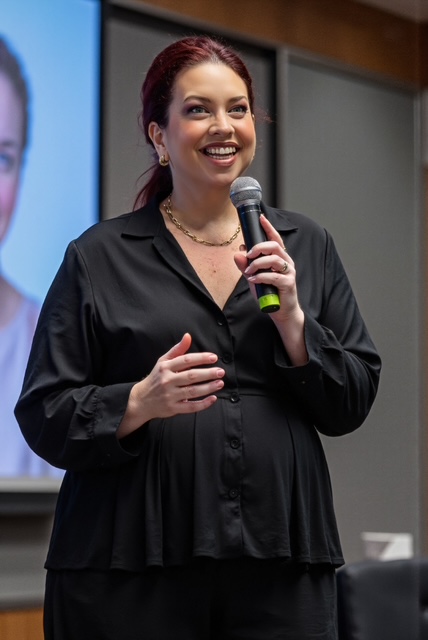
Great, so let’s take a few minutes and cover your story. What should folks know about you and what you do?
I’m an education consultant, speaker, and founder of Glass Half Full Consulting, where I work with colleges and universities across the country to help them thoughtfully and strategically adopt AI technologies to improve student success and operational excellence. I also co-founded the Association for Higher Education Consultants and Coaches (AHECC) — a growing national community of independent and firm-affiliated higher education consultants.
What excites me most is helping leaders and educators cut through the noise around AI and see it for what it can be: a powerful tool to free up time, foster connection, and expand access — if used with intention and care. I’m passionate about helping institutions humanize their use of AI and use it strategically to meet their missions. It’s incredibly rewarding to help higher ed leaders and staff build the confidence and competence to embrace new tools while keeping student success at the center of their work.
At Glass Half Full, my brand is built on optimism grounded in realism. I’m an AI realist and an educational optimist. I believe in practical, actionable strategies, not hype. I also believe in showing up as a whole person — so my clients know me as someone who brings both expertise and humanity to the work.
This year, I’ve been expanding my offerings to include supporting institutions with AI purchases and integrations, and offering more hands-on training programs — all designed to help institutions move beyond the pilot phase and build scalable, responsible AI practices. We’re also growing the AHECC community rapidly and will be launching new professional development offerings this year.
Ultimately, I want my work to help higher education leaders feel equipped, empowered, and inspired to lead through change — with integrity and with heart.

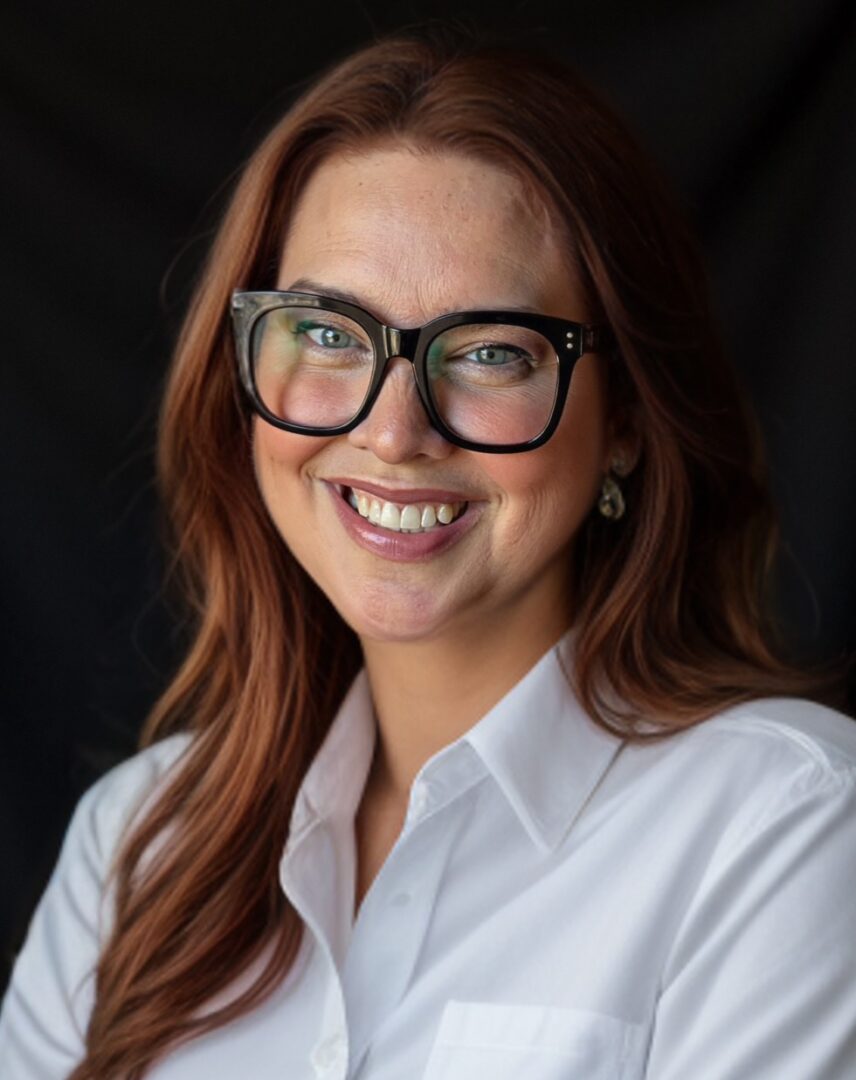
Looking back, what do you think were the three qualities, skills, or areas of knowledge that were most impactful in your journey? What advice do you have for folks who are early in their journey in terms of how they can best develop or improve on these?
First, curiosity has been a constant through-line — whether learning languages, exploring new leadership roles, or diving headfirst into emerging technologies like AI. Staying curious has kept me adaptable and excited about growth. My advice: never stop learning, and don’t be afraid to be a beginner. The most successful people I know are deeply curious and remain lifelong students.
Second, resilience has been essential, especially as someone who left a stable 23-year career in traditional higher education to build a consulting business and co-found a national association. There were uncertain moments, but resilience — trusting that I could figure it out and keep moving forward — got me through. For those early in their journey: embrace challenges as opportunities to stretch, and surround yourself with people who remind you of your strength when self-doubt creeps in.
Finally, relationship-building has been the single greatest investment I’ve made. The networks I’ve cultivated — grounded in trust, generosity, and shared purpose — have opened doors, supported my growth, and made the work far more joyful. My advice: invest deeply in your relationships. Give more than you ask. Your network is not just a professional asset — it’s a community that will enrich your entire career and life.
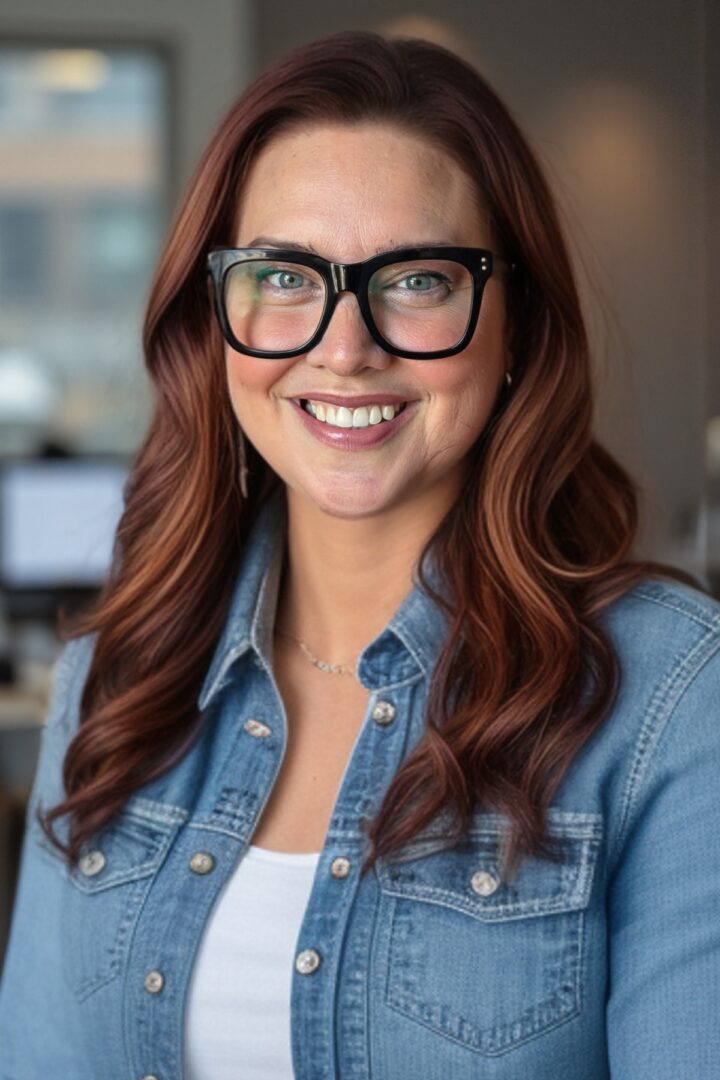
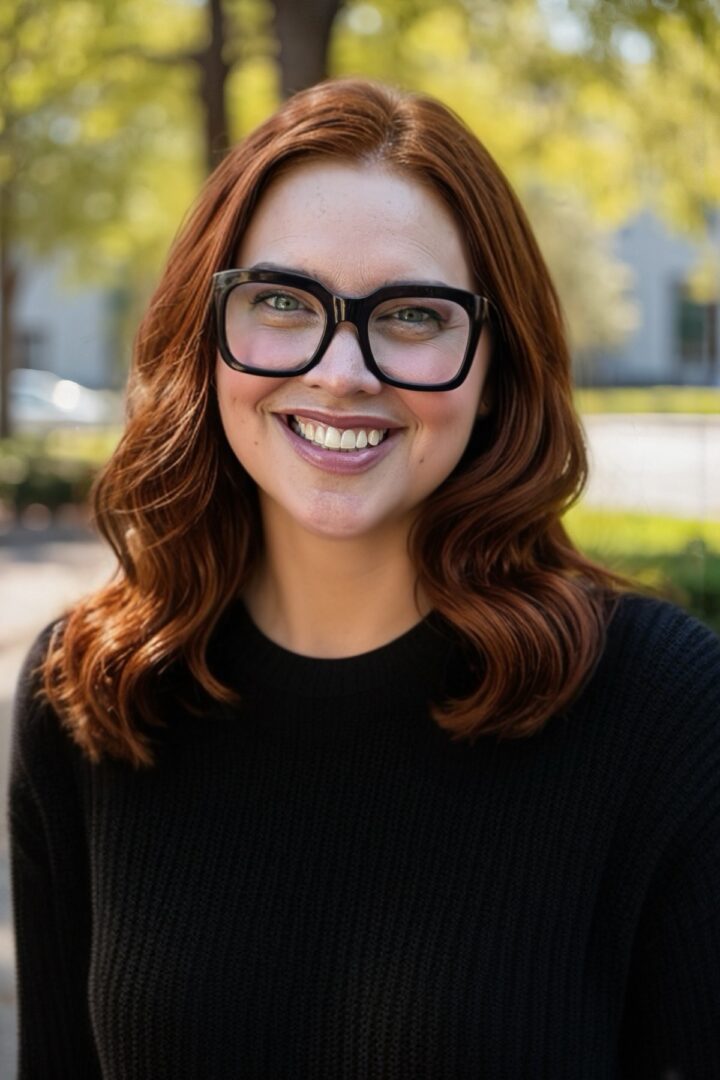
Do you think it’s better to go all in on our strengths or to try to be more well-rounded by investing effort on improving areas you aren’t as strong in?
I’m a big believer in leading with your strengths — and in building awareness, not perfection, in your weaker areas. I don’t think it’s an either/or; I think it’s about knowing what fills your cup and what drains it, and managing both intentionally.
In my own career, embracing my strengths — curiosity, strategic thinking, and relationship-building — is what allowed me to make the leap from traditional higher education into entrepreneurship and consulting. I leaned into those strengths to build a national brand and trusted network, not by trying to become great at everything.
That said, self-awareness is key. For example, while I love building big ideas and leading from the front, I’m not naturally drawn to the minutiae of back-end operations. Instead of spending all my energy trying to master what doesn’t come naturally, I’ve built great partnerships with people whose strengths complement mine — and I’ve invested just enough effort to be competent where needed.
My advice: go all in on what makes you thrive and brings you energy — that’s where your magic is. But know where you need to collaborate or skill up just enough so that your blind spots don’t become barriers. That’s not weakness — it’s wise leadership.
Contact Info:
- Website: https://www.drclairebrady.com
- Instagram: @drclairebrady
- Linkedin: https://www.linkedin.com/in/clairebradyedd/
- Other: @drclairebrady.bsky.social
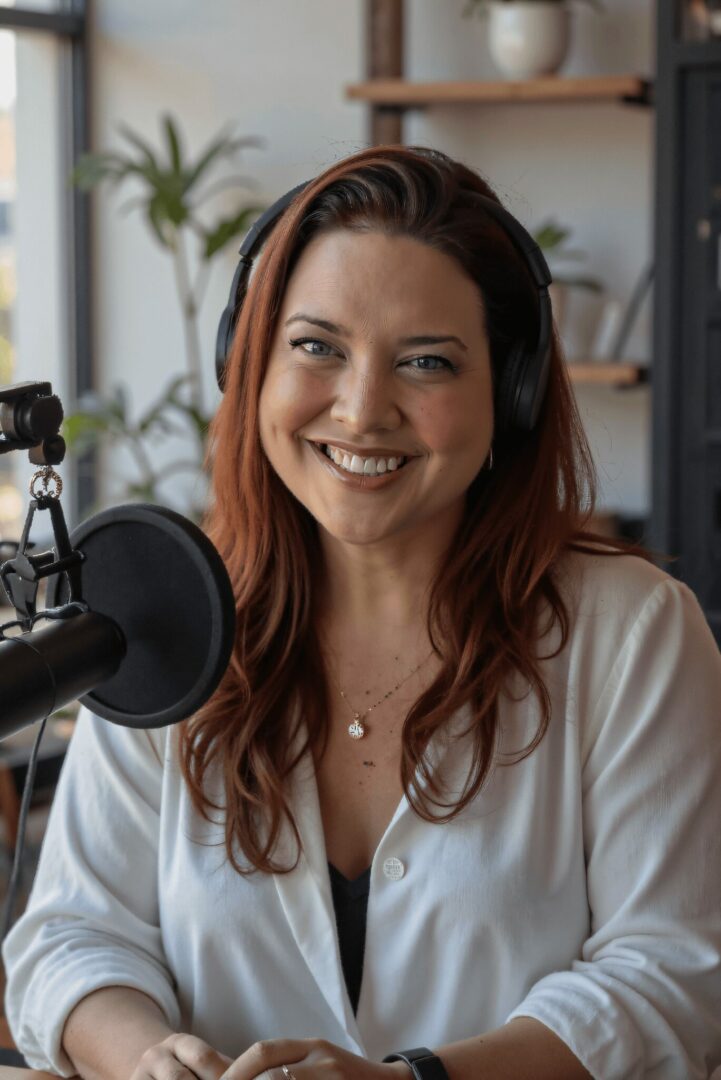
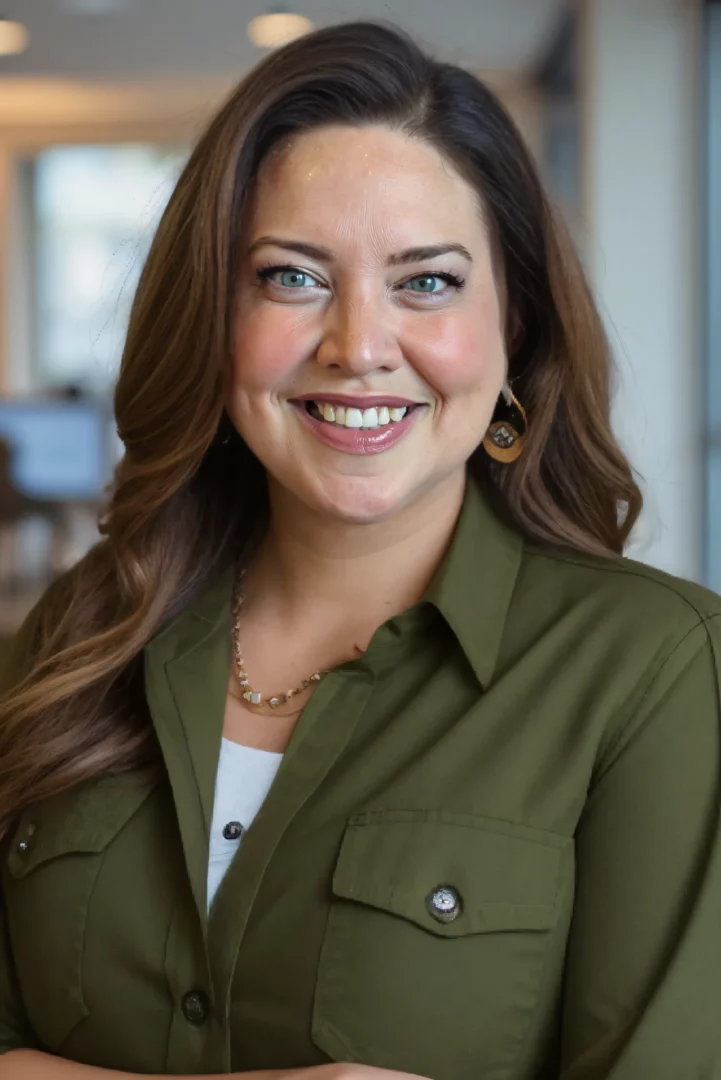
so if you or someone you know deserves recognition please let us know here.




